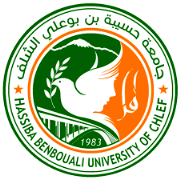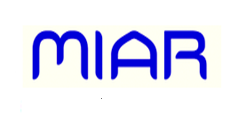The Contribution of the Interpretative Theory to Disambiguating Automated Translation
DOI:
https://doi.org/10.70204/jlt.v4i2.367Keywords:
Automated translation, Explicitness, The interpretative theory in TranslationAbstract
The translation process either human or automated is faced with ambiguity that hinders the clarity of the message. It pollutes translation. It renders the target text tainted lacking the clarity conditioned to convey the exhaustive meaning and intention of the source text .As a consequence, receptors may fail to grasp the precise meaning contained in the linguistic structure. The automated translation process impacts conveying the target meaning, disambiguating it leads to overcoming the discursive obstacles, which reflect the ambiguity residue. The Interpretative Theory in Translation adopted a distinct simplistic approach to produce a clear translation. It focuses on the content contained rather than on the containing form. This paper aims at checking the validity of the interpretive model to be applied to Automated Translation. To what extent the interpretive theory can serve as a model of disambiguating automated translation to reflect the research question to answer? Hypothesizing that the fundamentals of the theory can constitute precious guidance to disambiguating automation in translation is the research core on which this paper gravitates
Downloads
Published
Versions
- 2024-08-22 (2)
- 2024-07-05 (1)












